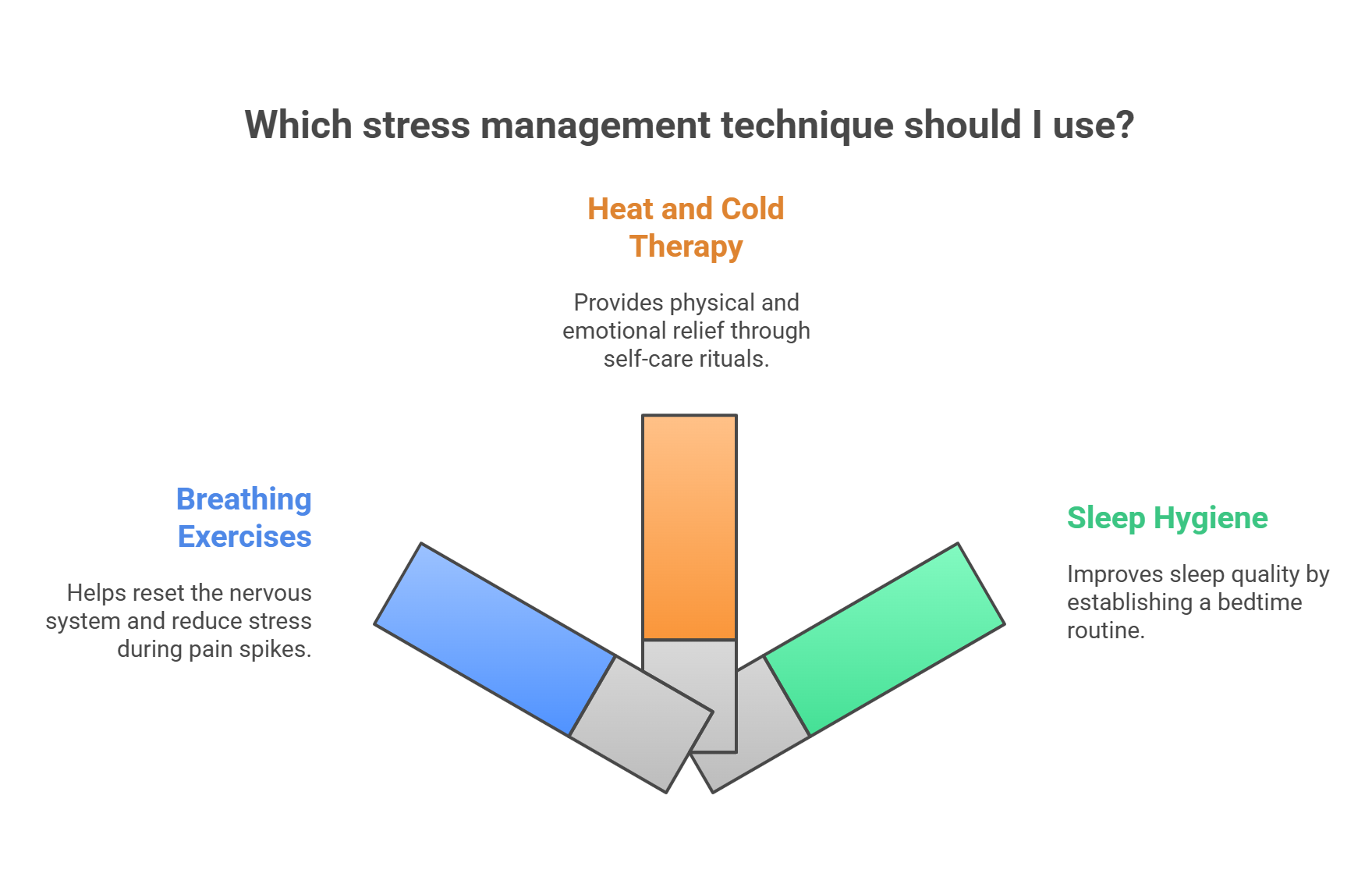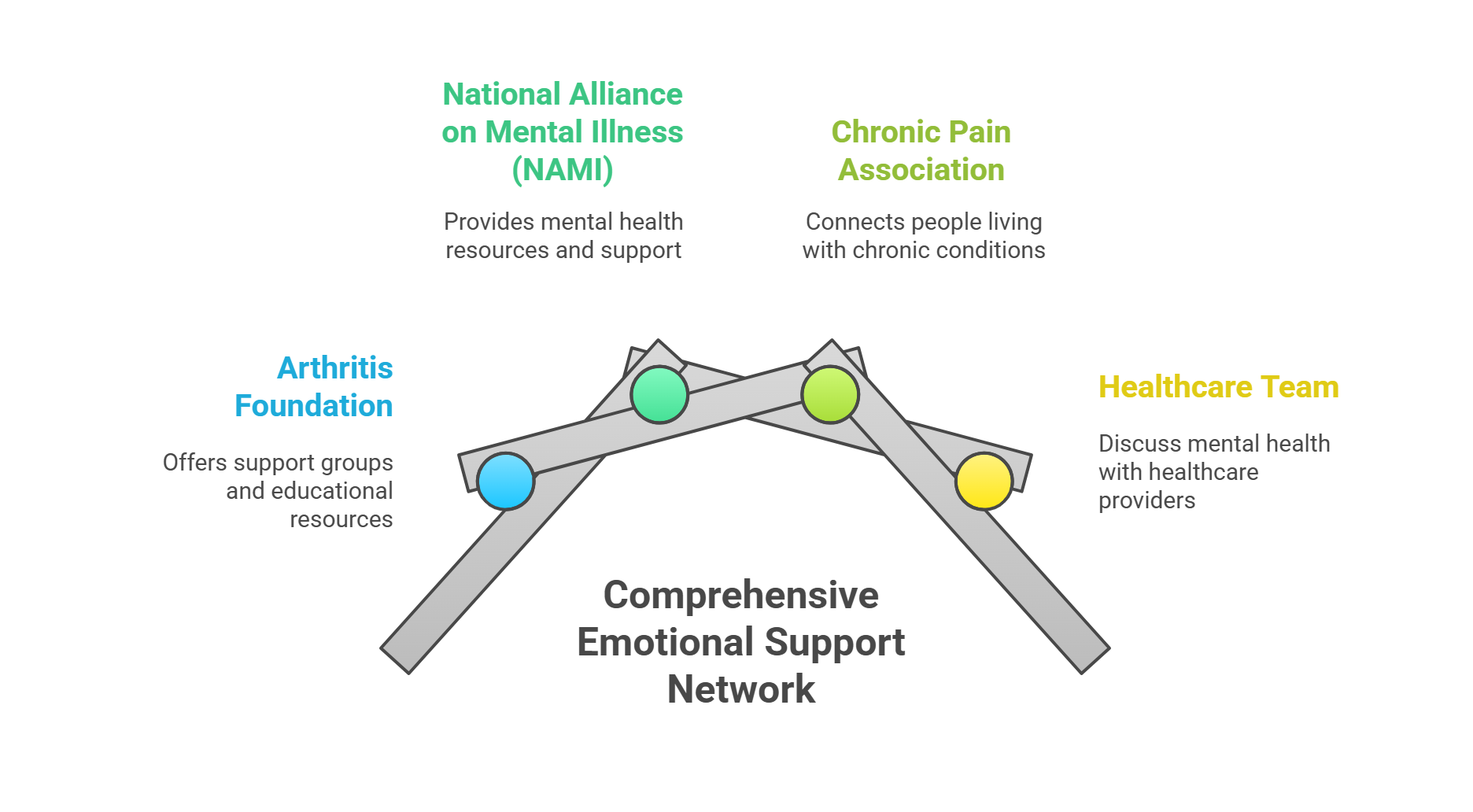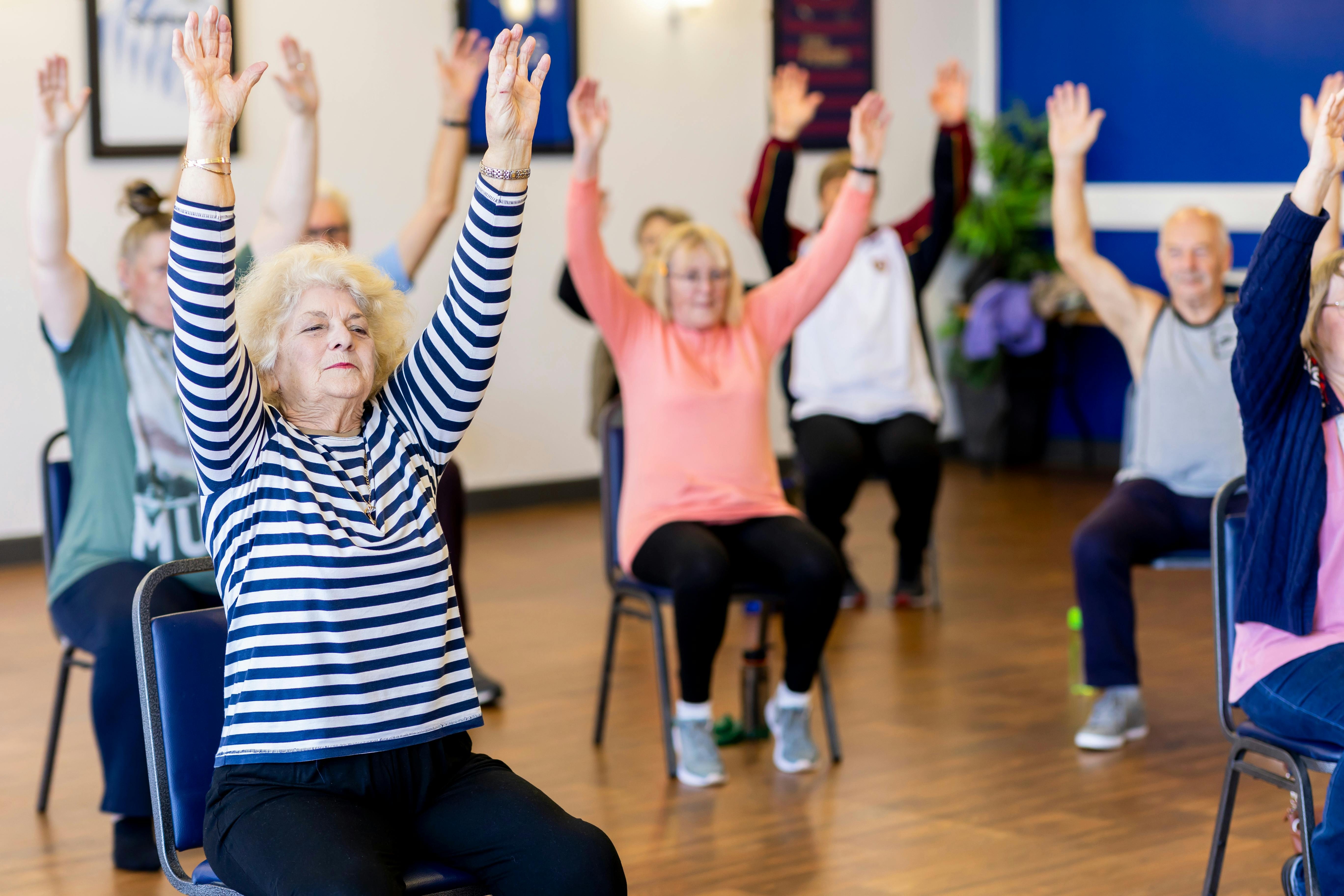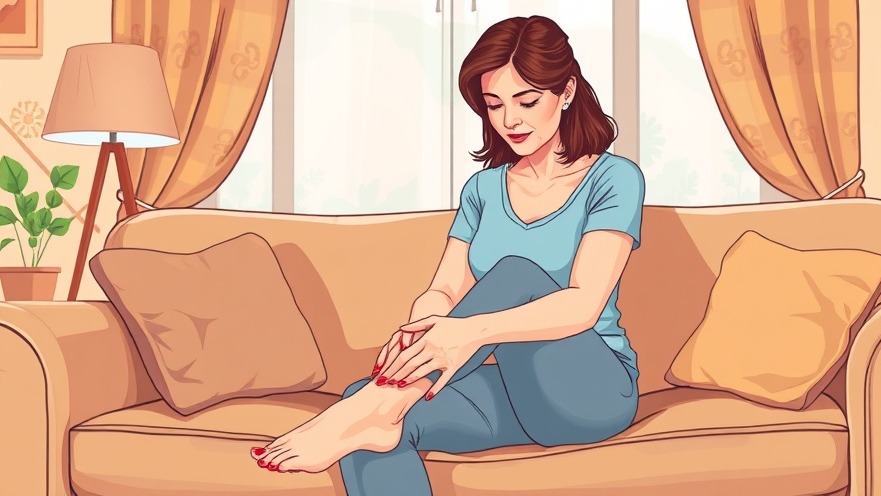
When Your Joints Ache and Your Heart Hurts: Navigating Arthritis' Hidden Emotional Battle
Living with arthritis can feel like your body is staging a daily rebellion – but what many people don't realize is that this physical uprising often triggers an emotional mutiny as well. While we're busy managing swollen joints and stiff mornings (hello, 20-minute getting-out-of-bed routine), the mental and emotional impact of arthritis often lurks in the shadows, quietly affecting our overall well-being.
The Mind-Body Connection Isn't Just Yoga Talk
The relationship between arthritis and mental health isn't just in your head – it's backed by solid science. Studies have shown clearly that people with arthritis with the highest pain levels are the most likely to be anxious or depressed, according to research from the Arthritis Foundation. It's like your pain and your mood decided to become best friends, feeding off each other in ways that would make any therapist raise an eyebrow.
Depression is two times more common in rheumatoid arthritis patients than in the general population, as noted in research published in Rheumatology and Therapy. That's not just a coincidence – it's your body and mind responding to chronic inflammation and persistent discomfort.
Why Arthritis Makes Your Emotions Go Haywire
Think of chronic pain as that annoying friend who never knows when to leave the party. It exhausts your mental resources, disrupts your sleep, and forces you to cancel plans more often than you'd like. When simple tasks like opening a jar become Olympic-level challenges, it's natural for frustration, sadness, and anxiety to creep in.
Dr. Leigh Callahan, a renowned researcher at the UNC Thurston Arthritis Research Center, has extensively studied the connection between arthritis and mental health. Her research demonstrates that physically inactive US adults with arthritis could improve their anxiety and depression by starting and maintaining a regular exercise program.
The inflammation that causes joint pain also affects brain chemistry, creating a perfect storm for mood disorders. It's like your immune system accidentally CC'd your emotions on a memo meant only for your joints.

Coping Strategies That Actually Work
Mind Over Matter (But Give Your Matter Some Love Too)
Mindfulness and Meditation: You don't need to become a zen master overnight, but spending 10 minutes focusing on your breath can help break the pain-stress cycle. Apps like Headspace or Calm offer arthritis-specific guided meditations that acknowledge your physical discomfort while teaching you to respond rather than react.
Cognitive Behavioral Therapy (CBT): This isn't just fancy therapy talk – CBT helps you identify negative thought patterns and replace them with more balanced perspectives. Instead of "I'll never be able to do the things I love," you learn to think "I might need to adapt how I do things, but I can still find joy."
Movement as Medicine
Exercise might seem counterintuitive when your joints are staging a protest, but gentle movement is like sending a peace treaty to your body. Water aerobics, tai chi, and walking can reduce both pain and depression symptoms. Remember: you're not training for the Olympics – you're training for life.
Build Your Support Squad
Isolation is arthritis' sneaky sidekick. Join support groups (online or in-person), connect with others who understand your struggles, and don't be afraid to lean on friends and family. Sometimes the best therapy is someone saying, "Yeah, I get it when you say your hands feel like they belong to someone else today."

Stress Management Techniques for the Joint-ly Challenged
Breathing Exercises: When pain spikes, so does stress. Practice the 4-7-8 technique: inhale for 4, hold for 7, exhale for 8. It's like a reset button for your nervous system.
Heat and Cold Therapy: Not just for physical relief – the ritual of self-care can be emotionally soothing too. That warm bath isn't just for your joints; it's for your soul.
Sleep Hygiene: Pain and poor sleep are frenemies. Create a bedtime routine that signals to your body (and mind) that it's time to rest, even if rest feels elusive.
When to Seek Professional Help
If sadness has moved in like an unwelcome roommate who won't pay rent, it's time to seek professional support. Warning signs include persistent feelings of hopelessness, loss of interest in activities you once enjoyed, or thoughts of self-harm.
Mental health professionals who understand chronic illness can provide tailored strategies that acknowledge your physical limitations while building emotional resilience. There's no shame in needing help – you wouldn't hesitate to see a doctor for a broken bone, so why hesitate for a hurting heart?
Resources for Emotional Support
Arthritis Foundation: Offers support groups, online communities, and educational resources
National Alliance on Mental Illness (NAMI): Provides mental health resources and support
Chronic Pain Association: Connects people living with chronic conditions
-
Your healthcare team: Don't forget to discuss mental health with your rheumatologist or primary care physician

The Bottom Line
Living with arthritis means you're not just managing a physical condition – you're navigating an emotional journey too. Some days your mood might be as unpredictable as your joint pain, and that's okay. The key is recognizing that your emotional well-being matters just as much as your physical health.
Remember, you're not weak for struggling with the emotional aspects of arthritis. You're human, dealing with a challenging condition that affects every aspect of your life. Be patient with yourself, celebrate small victories (like successfully opening that stubborn jar), and know that with the right support and strategies, you can thrive despite the challenges.
Your joints might be stiff, but your spirit doesn't have to be.
 Add Row
Add Row  Add
Add 




Write A Comment